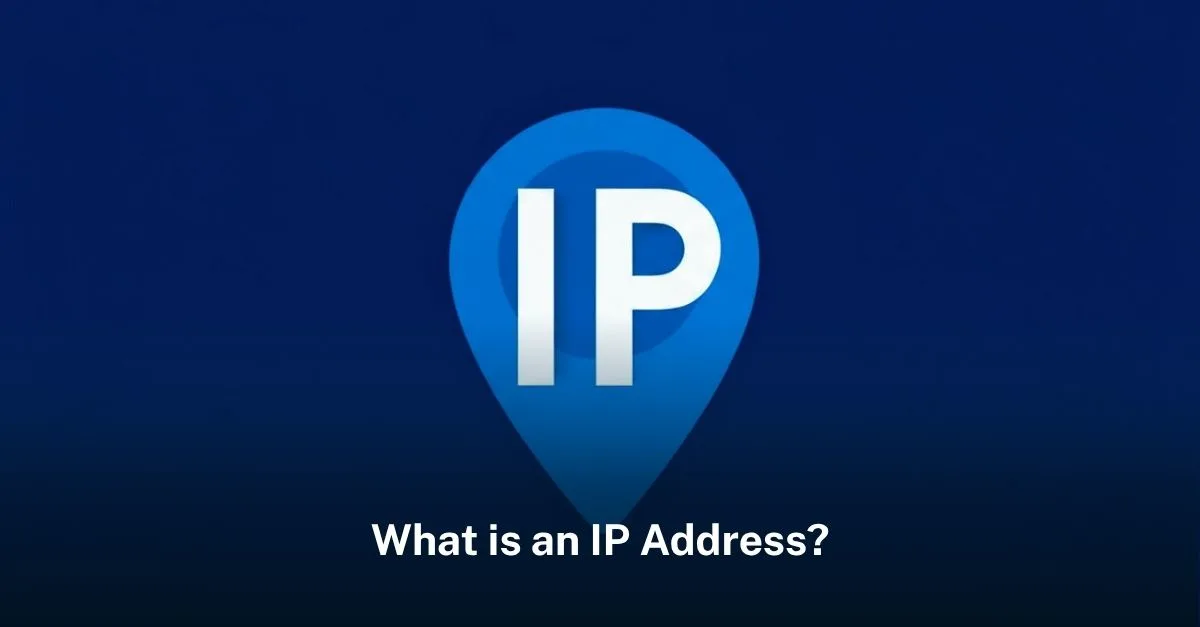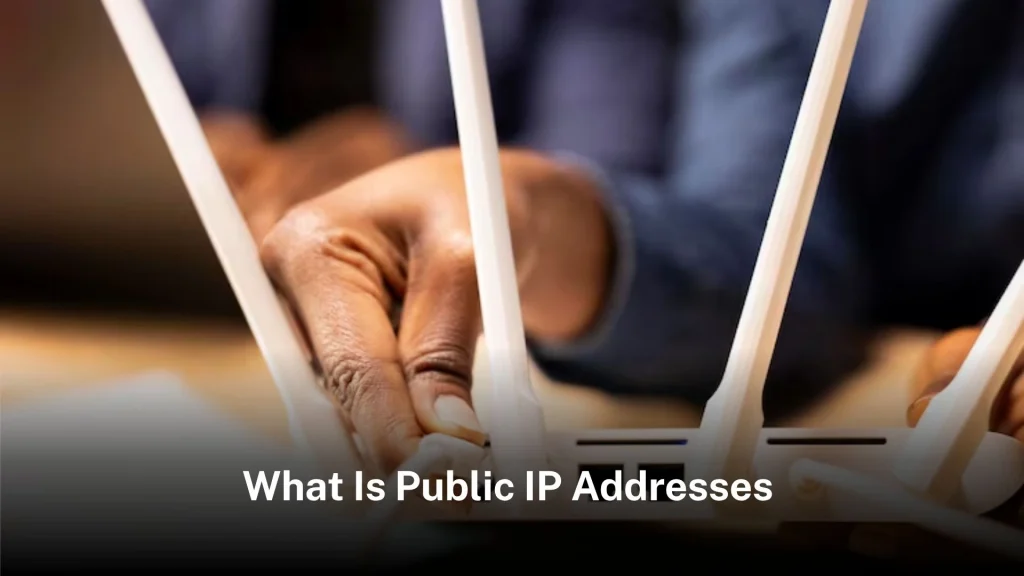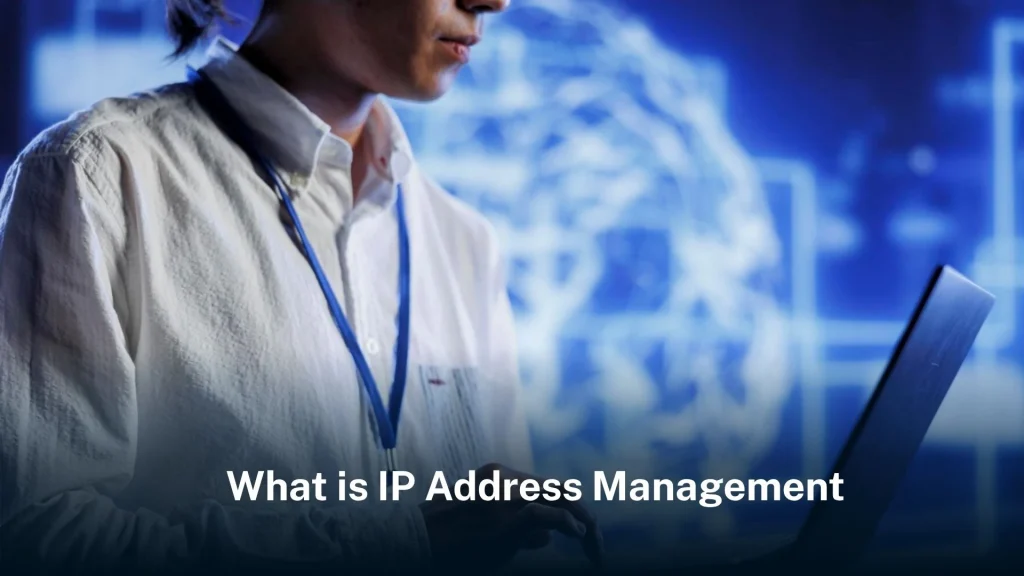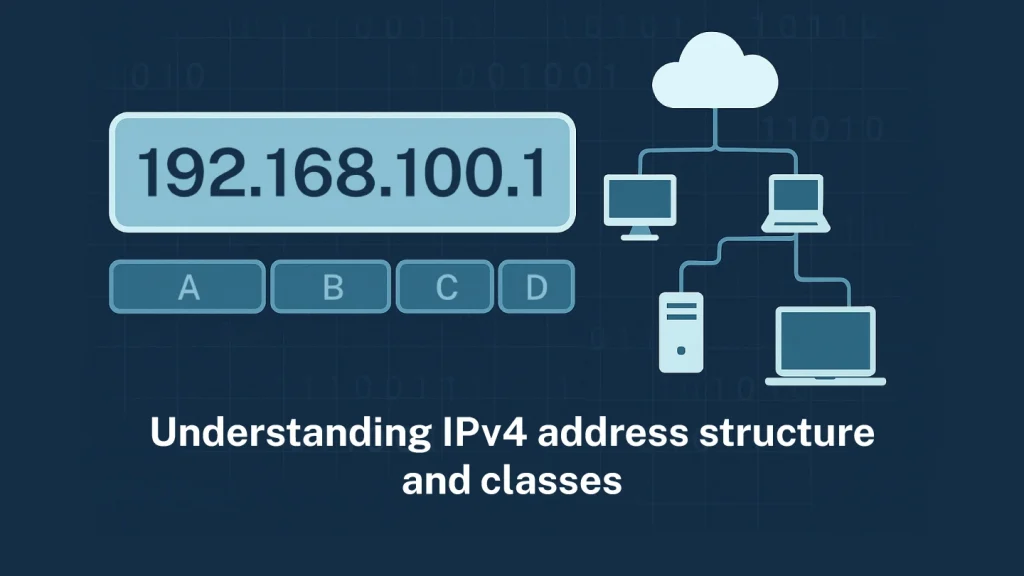When you connect to the internet, whether it’s for homework, gaming, or chatting with friends, you use something called an IP address. But what exactly is an IP address, and why is it important? Let’s break it down in a way that’s easy to understand.
What is an IP Address?
An IP address (Internet Protocol address) is a unique string of numbers separated by periods (IPv4) or colons (IPv6) that identifies each computer, device, or server on the Internet. Think of it like a home address but for your devices. Just as your home address tells people where to send your mail, an IP address tells data where to go on the internet.
Types of IP Addresses
- IPv4 Addresses: These are the most common and look like this: 192.168.1.1. They consist of four sets of numbers ranging from 0 to 255, separated by periods.
- IPv6 Addresses: These are newer and look more complex, like this: 2001:0db8:85a3:0000:0000:8a2e:0370:7334. They were created because we’re running out of IPv4 addresses.
How Do IP Addresses Work?
Every time you connect to the internet, your device is assigned an IP address. This address allows devices to find and communicate with each other. Here’s a simple way to understand the process:
- Sending Data: When you type a website address into your browser, your device sends a request using its IP address to the website’s server, asking for the page to be sent back to you.
- Receiving Data: The website’s server then sends the requested page back to your device’s IP address, allowing you to see the website.
Public vs. Private IP Addresses
- Public IP Addresses: These are used on the wider internet and are assigned by your Internet Service Provider (ISP). Your home router has a public IP address.
- Private IP Addresses: These are used within private networks (like your home network) and are assigned by your router. Your laptop, smartphone, and other devices at home have private IP addresses.
Why Are IP Addresses Important?
- Communication: IP addresses are essential for devices to communicate over the internet. Without them, data wouldn’t know where to go.
- Location Identification: They help identify where data is coming from and where it’s going, similar to how a mailing address works.
- Security: IP addresses can be used to block or allow access to certain sites, helping to keep networks secure.
- Dynamic IP Addresses: These change every time you connect to the internet. Most home networks use dynamic IP addresses.
- Static IP Addresses: These stay the same every time you connect. They’re often used by businesses that need a consistent address for hosting websites or servers.
Internet Protocol Addresses in summary
An IP address is like a digital address for your devices, allowing them to send and receive information over the internet. Understanding IP addresses helps you appreciate how the internet works, ensuring that every bit of data gets to the right place. So, next time you browse the web, you’ll know a little more about the numbers behind the scenes that make it all possible.
For more information about IP addresses and other internet technologies, check out larus.net, a great resource for understanding the IP address industry










Leave a Reply